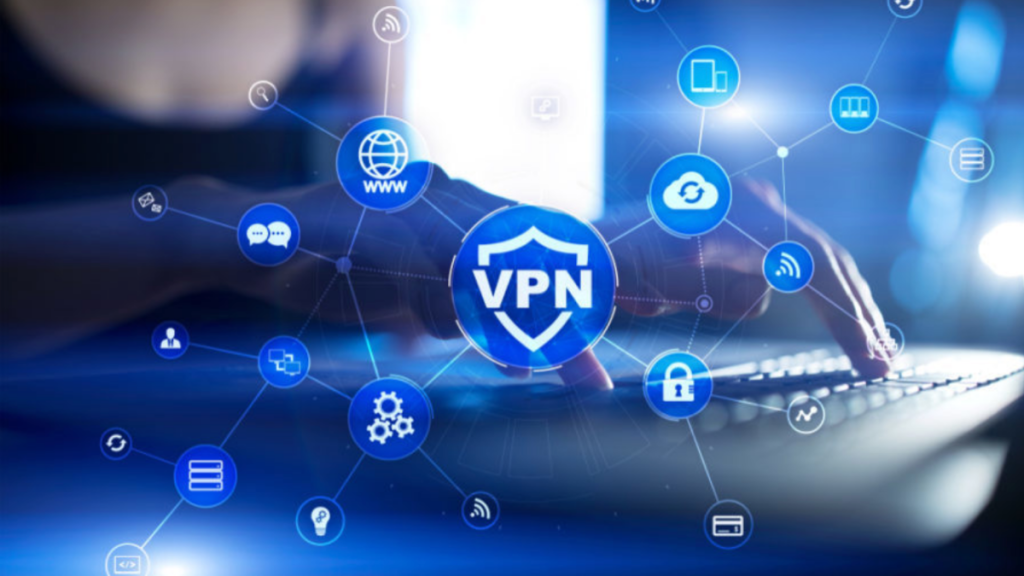Is VPN and Private Browsing Really Secure?
Whether you manage a business or just go online for fun, you’re certainly aware that surfing the web exposes you and your company to a variety of threats. By accessing the internet, you subject yourself and your company to hackers as well as thieves who can steal everything from private details to web surfing history to payment information. So, whenever it comes to securing yourself and your company online, you might have considered using private browsing or a free VPN. Which one of these, though, is best for you?
How Do You Use Private Browsing?
Many recent web browsers provide a function called private surfing. They’re available in most major online browsers, and they’re usually straightforward to find via the File menu. Consider the following example:
- Incognito mode is available in Google Chrome.
- InPrivate Browsing is a feature in Microsoft Edge.
- Safari offers a feature called Private Browsing.
- Firefox offers a feature called Private Browsing.
- Private tabs are incorporated into Opera.
- Simply described, private mode is a browsing mode in which the browser does not save the user’s browsing history, search queries, or file systems such as cookies.
Is Browsing in Private Mode Really Private?
Although private browsing prevents your browser from data storage on your local computer device, it does not prevent data from being transferred between your pc and your ISP (ISP).
Third-parties may also be able to discover traces of activity connected to secret browsing, which can then be exploited to gain access to the company system.
Is Private Browsing Safe?
Many people feel that browsing in private mode will protect them from viruses, malware, as well as hacking attempts. This is due to the fact that no local data will be saved. As a result, when users enter bank information or passwords, it will safeguard them from deception and theft. Regrettably, this is not the case. Although private browsing depends on an internet protocol (IP) address provided by your internet provider (ISP), third parties may still be able to discover and exploit weaknesses in your browsing session. Furthermore, in the past, software flaws, HTML5 APIs, and even plug – ins have been the source of unintentional leaks, allowing third parties to obtain search as well as internet history via private surfing. The use of a VPN is the only way to properly safeguard your search, internet browsing, and history data.
What Is a Virtual Private Network (VPN) and What Does It Mean?
“Virtual private network” is the abbreviation for “virtual private network.” VPNs encrypts your online activity and your online identity, making it more difficult for hackers to break in as well as steal your information.
From whom will VPN keep your past hidden?
Normally, your internet provider (ISP) offers your connection when you go online. It uses your IP address to track you. Your internet traffic is routed through your ISP’s servers, which may log and monitor everything that you do online.
Your Internet service provider may appear to be trustworthy, but it is possible that they are sharing your browsing data with advertising, the authorities or government, as well as other third parties. Your ISP is also vulnerable to hacking: if they are hacked, your private and personal information may be exposed.
If you frequently use public Wi-Fi networks, this is very important to consider. You never know who might be following your online activity and possibly stealing passwords, personal information, financial information, or even your entire identity.
How Do I Set Up A VPN On My Computer?
Before you install a VPN, you should be familiar with various methods for doing so.
VPN Client that Runs on its Own
Standalone VPN clients necessitate the installation of software. This program will be formulated to meet the endpoint’s requirements. When creating the VPN, the endpoint establishes the encryption tunnel by running the VPN connection and connecting to the other endpoint. This is the most popular sort of installation in homes as well as small companies.

